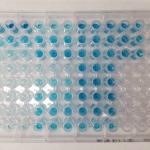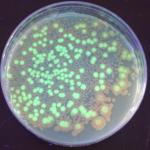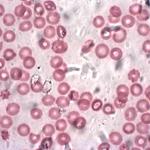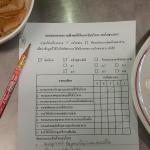Perhaps the most important question that each of us wants to know in regard to the coronavirus pandemic is, "Will I get COVID and die?" Being able to answer that question with some specificity should help us craft smart public health policies.
coronavirus
We were pro-GMO before the term "GMO" was even invented. That's because the acronym "GMO" is not used by scientists, but is instead a colloquialism employed by the media, activists, and the general public.
As the coronavirus surges throughout the United States and much of the world, legitimate fears of overwhelmed hospitals and a spike in COVID-related deaths have returned. What should be done about them?
Thanks to Herculean efforts by pharmaceutical companies all over the globe, the biomedical research community is now on the verge of producing the world's first successful coronavirus vaccine.
The good news shot around the planet within minutes: American pharmaceutical behemoth Pfizer, in collaboration with the German firm BioNTech, have produced a vaccine that is 90% effective at preventing coronavirus infection.
Point: Meta-analysis of randomized controlled trials shows it does work when given early.
Dr. Nigel Bark, Chairman American Council on Science and Health
There are four different ABO blood types: A, B, AB, and O. These types depend on the sort of glycoproteins (that is, proteins covered with sugars) that decorate red blood cells (RBCs).
Early in the COVID pandemic, most countries, particularly those in Europe, chose harsh lockdowns to get the coronavirus under control, and they were largely successful. But not all of them.
Despite the massive increase in COVID-19 testing, the reality is that tests are in limited supply. Pharmacies in several cities have implemented a screen to determine who can or cannot get a COVID test.
This article was originally published at Geopolitical Futures. The original is here.












